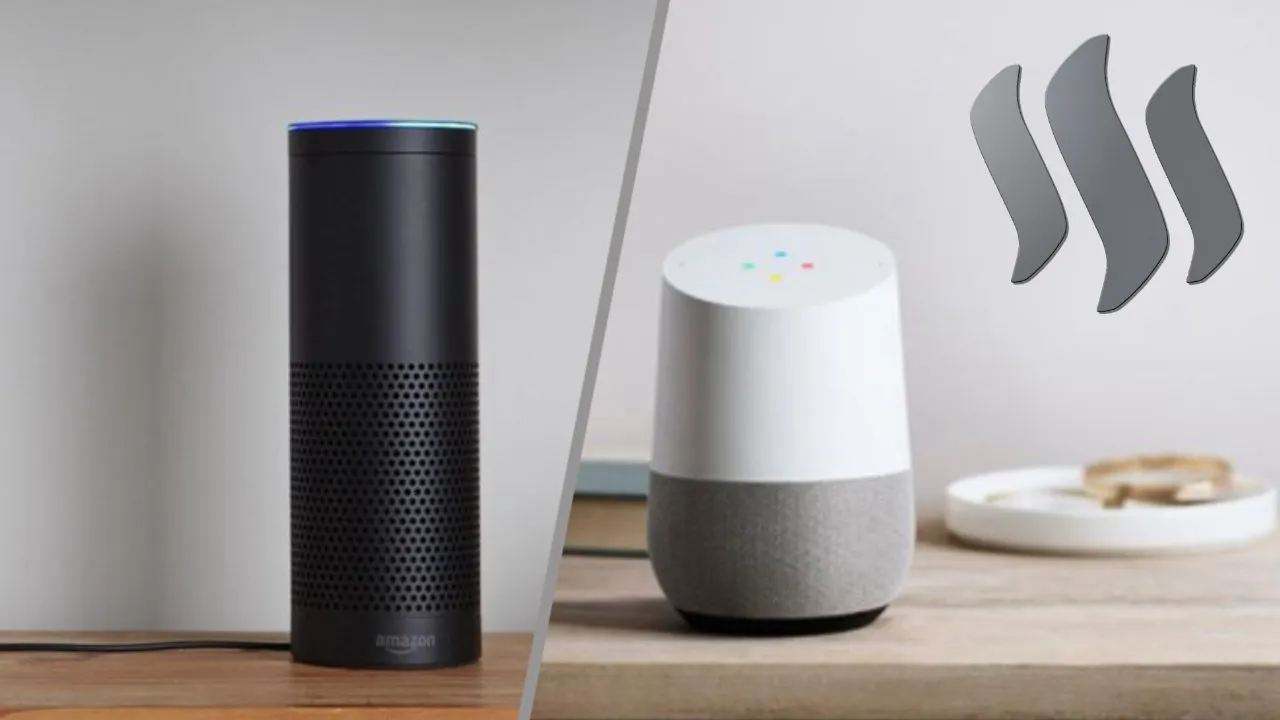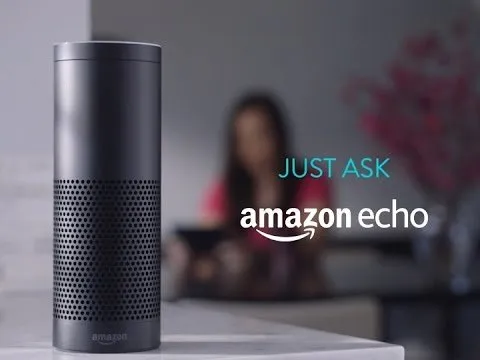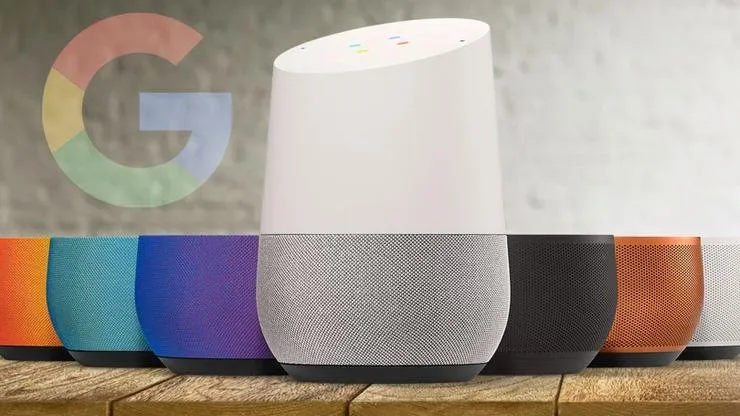
With modern technology, we got used to the fact that we can have access to almost all information, at all times.
Whether we want to know the location of something, opening times of a store, translate something in a different language or even have scientific/historical/general knowledge question - we can always look for the answer on the internet.
To do that, we have multiple options - smartphones, tablets, laptops, desktop PC's or even Smart watches. Everything is becoming more accessible.
But in the future, we might not even have to use screens or a keyboard to access that information - it will come to us as natural as a conversation.
A totally new product line has just been created and might revolutionize the market and the way we interact with technology in the future:
Smart Home Assistants.
Now you might be asking yourself - what is a Smart Home Assistant?
And do we actually NEED it?
A Smart Home Assistant is basically a bluetooth speaker with an integrated AI virtual Assistant.
So it's a standalone device that you can place anywhere in your home, and ask it whatever you want to know - without the need of a screen or another technical device.
Of course, you can also link it to your phone, contacts, calender, to do lists etc.

Amazon actually started the trend when they released their "Amazon Echo".
The AI inside is called "Alexa" and is 100% voice-controlled.
It basically works like the virtual assistant on yor phone, but is a stand alone unit that you can place at home.
The Amazon Echo comes in 3 different sizes - Echo, Echo Tap and Echo Dot.
It gets activated by addressing the device with "Alexa", "Echo" or "Amazon" and then you can ask her whatever you like - How far is the moon? When is my next meeting? When does the grocery store close?
She will have an answer to all of those questions.
But the technology is still far from perfect - reviews have shown that the home system sometimes doesn't understand you correctly, or can't find the right answer you'd like to hear.

Now, Internet-Giant Google has released their own virtual-assistant-speaker: Google Home.
It has very similar functions to the Amazon Echo (essentially it's the same type of product).
But it's roughly half the size, and it also has a touch-sensitive panel at the top which lets you control the music, volume, and turn on the listening mode (while you turn a physical ring on the Amazon Echo to do that).
The device itself is white, but you can buy different colors for the bottom part of it.
When the device is activated, different colored lights start to beam - similar to the blue light that theAmazon Echo emits.

Both devices have a very highly developed AI software, but they aren't the same.
The Amazon Echo has a database of questions that he can answer, and the speech is surprisingly human.
"Alexa" manages to sound more like a human rather than a robot.
Google Home on the other hand of course sounds more like the electronic Siri we all know, but it can also understand the connection between sentences.
For example: If you ask "Where is the next Bank?", Google Home gives you the address.
Then you can just ask "How do I get there?" and Google Home will be clever enough to understand that with "there" you mean the bank.
You don't have to repeat that explicitly.
So it behaves more like a human, and it feels more natural to communicate with her.

Personal Opinion
While I agree with the idea that we'll connect with technology much easier in the future (not always through screens, keyboard etc but more naturally) I'm not sure if we really need a virtual home assistant just yet.
It's a very innovative idea and futuristic concept, but I don't think enough people would really appreciate and use it now - compared to how it might be in the future.
I would like to try it out though, and judge the experience myself!
Images: Logo, 1.1, 1.2, 2, 3, 4
- Instagram -

© Sirwinchester